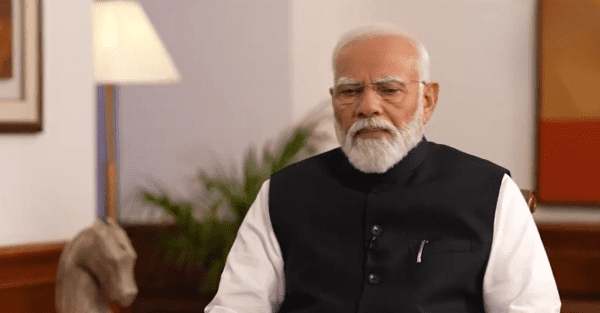Prime Minister Narendra Modi recently shed light on the role of electoral bonds in bringing transparency to political funding. He emphasized that these bonds provide a clear trail of the money, revealing the source, method, and destination of the funds.
“Due to electoral bonds, you are getting the trail of the money. Which company gave it? How did they give it? Where did they give it?” PM Modi stated. He further added, “And that is why I say when they (opposition) will think honestly, everyone will regret it.”
Introduced by the Government of India in 2018, electoral bonds are a mechanism for citizens, corporate groups, or other entities to donate money to political parties. These bonds are issued by the State Bank of India and can be purchased by any Indian citizen or company. The identity of the donor remains anonymous, which has been a point of contention and criticism.
However, PM Modi’s statement brings a different perspective to electoral bonds. He suggests that these bonds leave a trace, enabling the tracking of the transaction’s origin, method, and destination. This feature could potentially increase transparency in political funding, which has traditionally been opaque in India.
The Prime Minister’s remarks suggest that the opposition parties, who have criticized the electoral bonds scheme, might reconsider their position if they examine the matter ‘honestly’. It implies that the bonds, despite the criticism, could play a pivotal role in cleaning up political funding.
As India strives to ensure transparency in political funding, PM Modi’s statement adds a fresh perspective to the discussion around electoral bonds. Whether these bonds will indeed usher in a new era of transparency and accountability in political funding remains to be seen. However, the Prime Minister’s robust defense of the scheme certainly makes it a subject of interest in the days to come.



